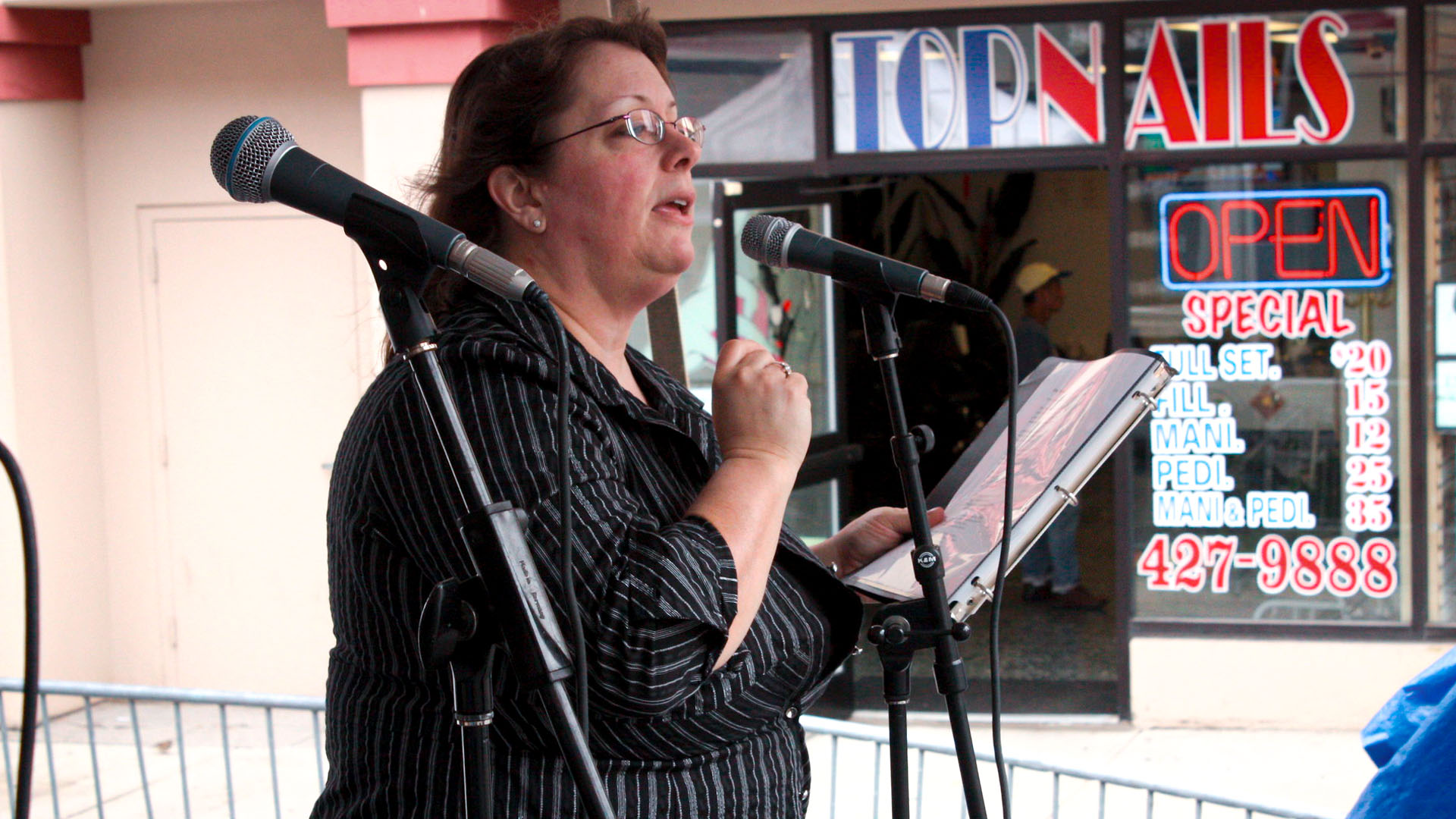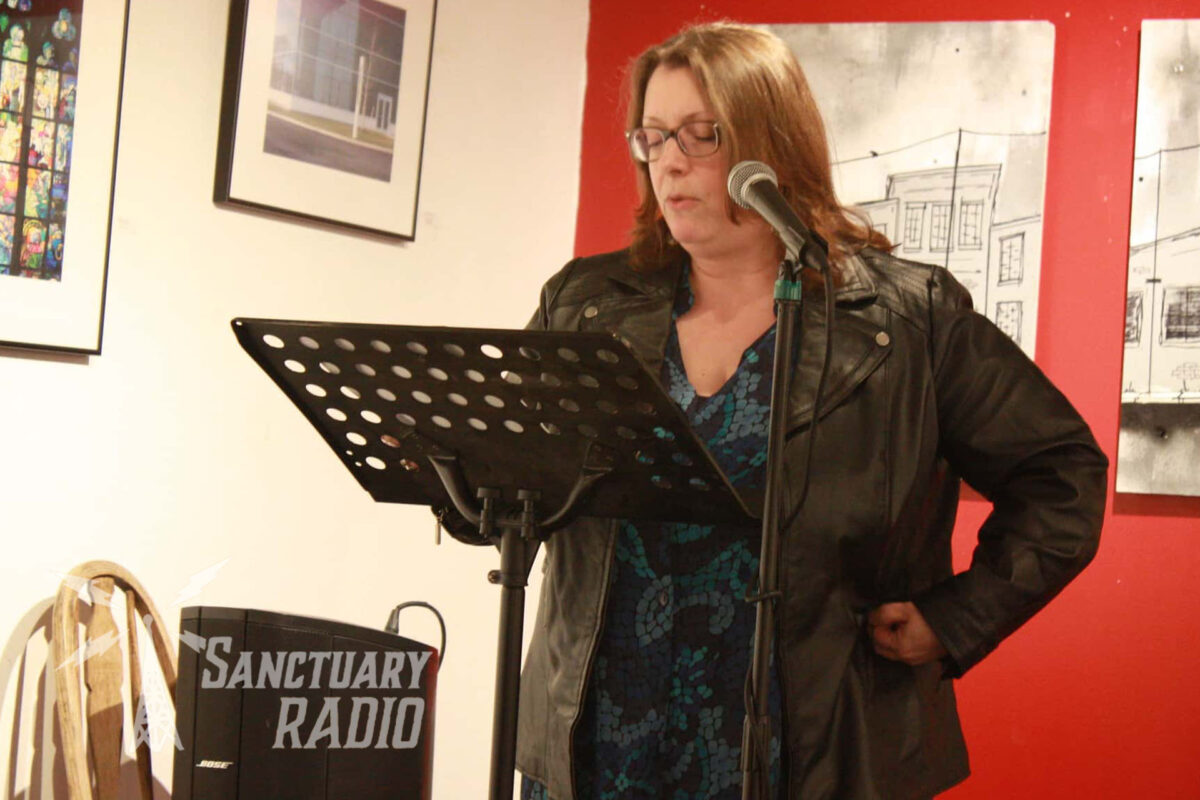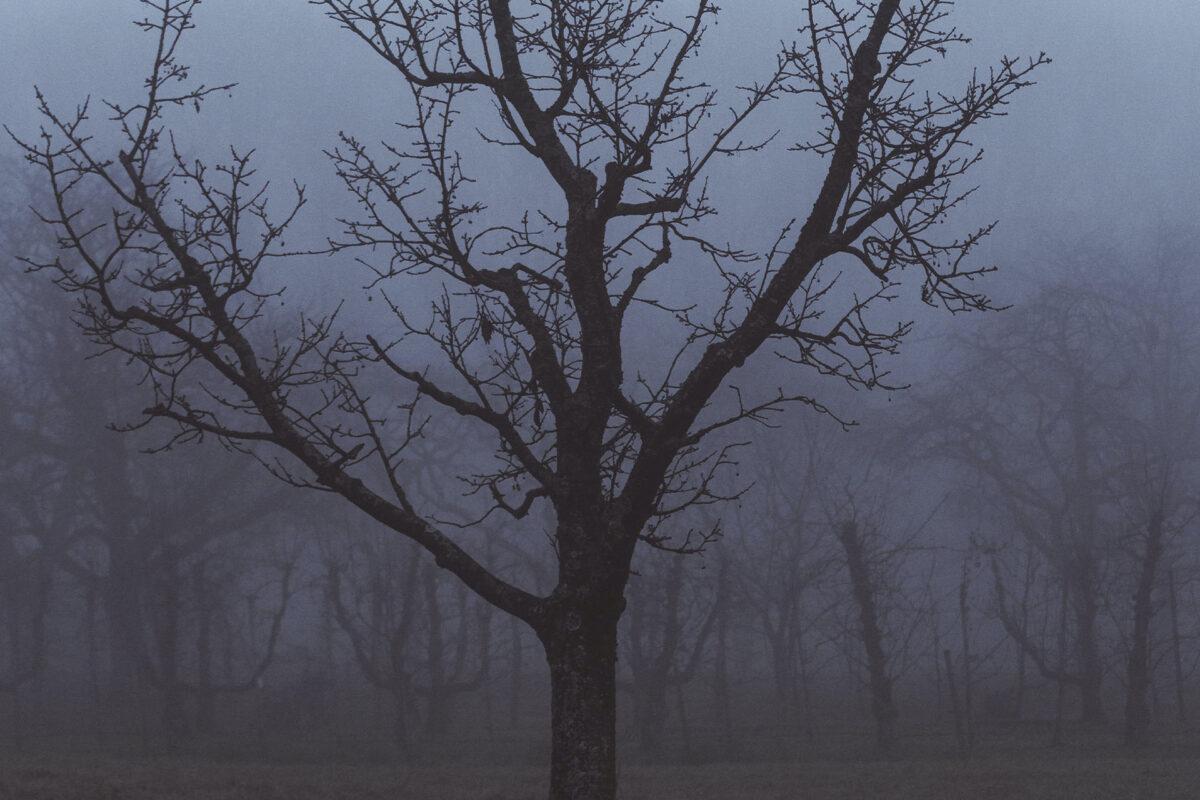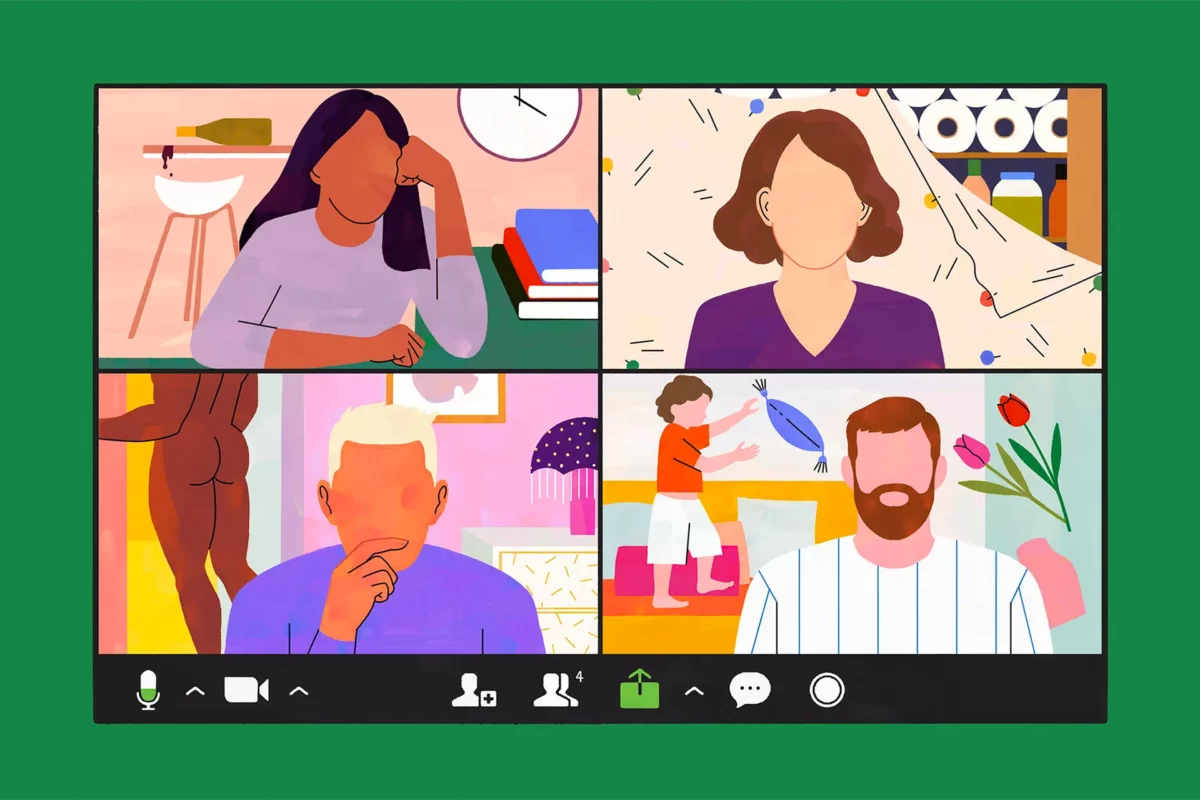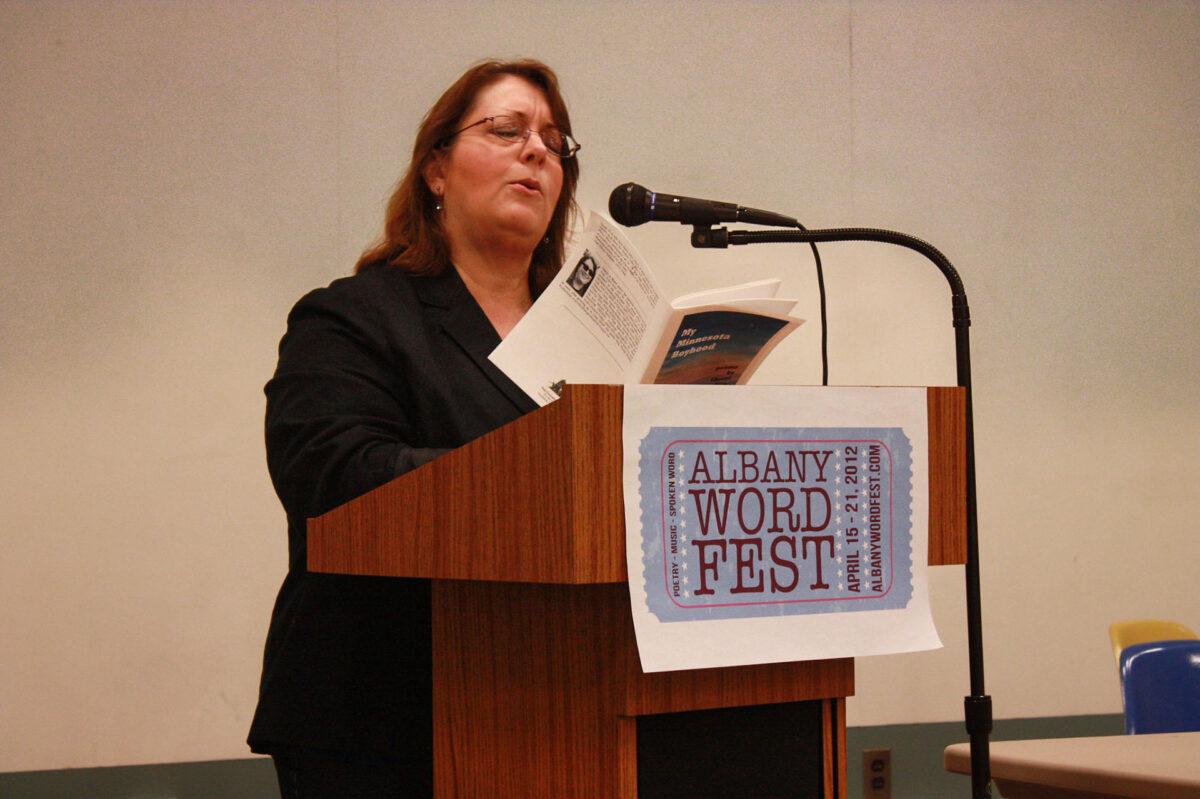This past Memorial Day, I was settling in at my computer for a morning of poetry editing, chapbook arranging, cover collaging, when the unthinkable happened. I tipped a full cup of coffee onto my six-year-old laptop. I heard the dreaded sizzle of electronics that had clearly, immediately given up the ghost. I screamed as if I’d sliced a leg off, and my Beloved ran upstairs, but it was already too late. I Googled emergency actions on my phone, texted a couple of tech heads, but it was all for naught.
I went to Staples that afternoon to buy a replacement laptop, since I’m still working from home for a few more weeks, and picked up a decent one at a reasonable price. The lads were even able to transfer my files, and handed me the hard drive after pitching the skeletal remains of my dear departed into a nearby bin. There was an ongoing screw-up with my MS Office subscription, but eventually, that was straightened out, too. All in all, only three or four sleepless nights.
But for a moment, when my old laptop wouldn’t revive even after drying out in pyramid position for the recommended twenty-four hours, I saw a whole body of work flash before my eyes. I am decent at backing up files, but not religious. I had newer poems that only existed on that drive, revisions that would never be reproduced. I used to brag about always putting first drafts on paper, long yellow legal pads that had to be transcribed to type in very short order, or the handwriting would implode and I’d get no legible words from it. Granted, letting illegible words rule a poem has yielded some fascinating results at times. However, for a day or two, I lived with the very real possibility that a good chunk of my efforts would be lost forever.
At some moments I wonder if that would be a bad thing at all. I have lately wondered about what kind of legacy I’ll be leaving. Other times, I wonder if any of it would really matter, in a world where, with all our “book learnin’” the world can still be brought to a standstill by a simple disease, aided by the willful ignorance, a byproduct of terror, that let to the social chaos afterward. What would my poems matter when so many are starving, dying of diseases we can cure but without insurance, religions, and races still dividing humankind for the most absurd reasons. I think poetry is a powerful art, but only for those who open their ears. Those ears seem fewer and fewer every day, even in my lifetime.
We have entered an age where even some English teachers are afraid of the subject, having been raised themselves in a time when poetry was allowed to slide to the bottom of the cultural hierarchy. It’s an esoteric endeavor, at best tolerated by our closest friends and lovers, shunned unless accompanied by music, or dismissed altogether as a self-indulgent exercise in verbal masturbation. I make an effort to avoid abstractions, to write about my own experiences, and my poems have been well received by my small circle, whether out of love for me or actual pleasure. Still, there are times I wish I could clear the desk, abandon all projects in progress, sink myself deeply into collage. The poems themselves, despite my best efforts, have begun to sink into abstraction, drawing from the deep well of senility that begins to fill the space between my ears. I allow it, delight to write this way, polish the sounds and the rhythms instead of agonizing about meaning and message.
The work in progress was saved. My therapist laughed when I suggested I might give up poetry altogether and live in the creations of others. She is right of course. I am a poet, for better or worse. I will finish the chapbook I started, just in time for a local arts fair in July. I will find a home for my poems about the Ziegfeld Follies, perhaps the least accessible work I’ve come up with so far. And there are all these poems I’ve shoved in a folder to my left, scribed in the wee hours before my workday begins. Their lives began on paper, and have yet to be introduced to a suit of Times New Roman. I am not yet done, much as technology tries to cut out my tongue. I don’t need a tongue now. I’ve got pens, paper, a need to write.
